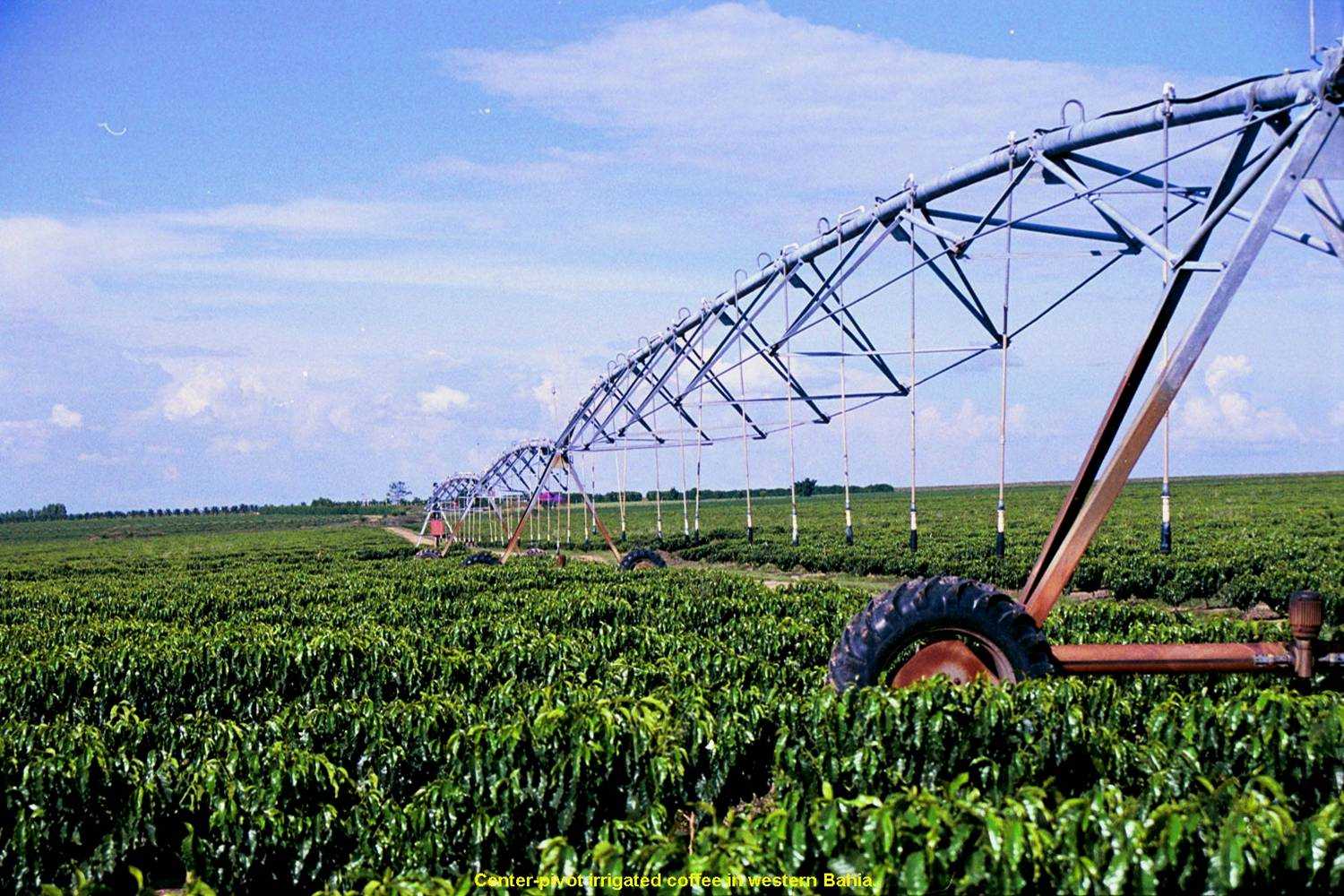Daterra is a Brazilian coffee producer that for many years operated exclusively in the domestic market. Its business model changed dramatically with the arrival in Brazil of Illycaffè, the internationally renowned Italian coffee company.
Daterra’s integration into Illy’s international production chain allowed it to add value to its product, penetrate new markets, and protect itself from the volatility of coffee prices.
It is a good example of how Latin American companies that specialize in natural resources can improve their competitiveness by incorporating knowledge that they acquire through their participation in an international value chain.
This is pinpointed in a recent Inter-American Development Bank publication, Synchronized Factories, which studies the factors limiting Latin American companies’ participation in international value chains and examines public policy spaces for improving this participation.
The case of Daterra illustrates how a company can join an international value chain succesfully
Close to 88% of the coffee traded globally is sold as a commodity: there is no differentiation based on quality, and price is determined almost exclusively by fluctuations in supply and demand.
Illy’s entry into the Brazilian market as a buyer at the beginning of the 1990s made it the visible face of a trend that was already under way in other parts of the world: a business model where coffee is perceived as a differentiated good.
There are two main types of differentiation: one is based on the physical properties that define the quality of the coffee (type of soil, and irrigation and harvesting methods), and the other on production processes, such as sustainable environmental practices (organic coffee) or socioeconomic practices (fair trade). Such differentiation leads to prices that are much higher than those of regular coffee.
For Brazilian producers, becoming part of Illy’s value chain meant investing in high-quality production methods, something that was easier said than done.
This is why Illy introduced an incentive system in Brazil involving short-term contracts with long-term agreements, as well as a system of monetary awards and tiered prices for the best crops.
It also developed a knowledge transfer scheme through courses and consultancy work so as to reward loyal suppliers, including discounts on the cost of these courses.
Daterra took advantage of all of these incentives and in the mid-1990s the company managed to enter Illy’s production chain, which is characterized by high quality and high prices.
The knowledge acquisition and capacity building that Daterra achieved through its relationship with Illy also eventually allowed the company to enter new market niches, either as a supplier for other coffee buyers or by placing their product directly on the global end market.
In fact, Daterra currently sells less than 2% of its top-quality coffee to Illy, while in 2000 the Italian company absorbed almost its entire output.
The case of Daterra is part of a broader discussion regarding whether Latin America can insert itself into higher added-value segments in international value chains. Sometimes this discussion seems to suggest that countries in the region should target industries with a high technological content, such as electronics.
But, in a broad sense, adding value involves identifying potential for entering into high-value segments that have not yet been exploited even within industries that have comparative advantages.
As the case of Daterra shows, value can be added in natural resource–intensive industries and this can lead to significant benefits such as conquering new markets or lessening the impact of the commodity price cycle.
Obviously the coffee industry is a very specific one, and markets for other primary goods do not necessarily offer such clear opportunities for differentiation.
Even within the coffee industry, given the existence of well-established differentiated markets, it was no mean feat for a producer like Daterra to shift from a commodity model to a differentiated coffee model, and doing so involved a substantial investment in the acquisition of specialist knowledge.
Daterra obtained much of this knowledge through its supplier relationship with Illy, and now uses this knowledge to penetrate new markets.
This is the key point: one of the potential benefits of Latin American producers joining international value chains is the possibility of receiving technical knowledge transfer and know-how from global buyers.
Without this option, such knowledge can be difficult and expensive to obtain.
The increased participation of Latin American companies in international value chains could have a positive impact on gains in efficiency and productivity for the region, given the potential for knowledge transfer from global buyers to their suppliers in other countries, as the case of Daterra shows.


















